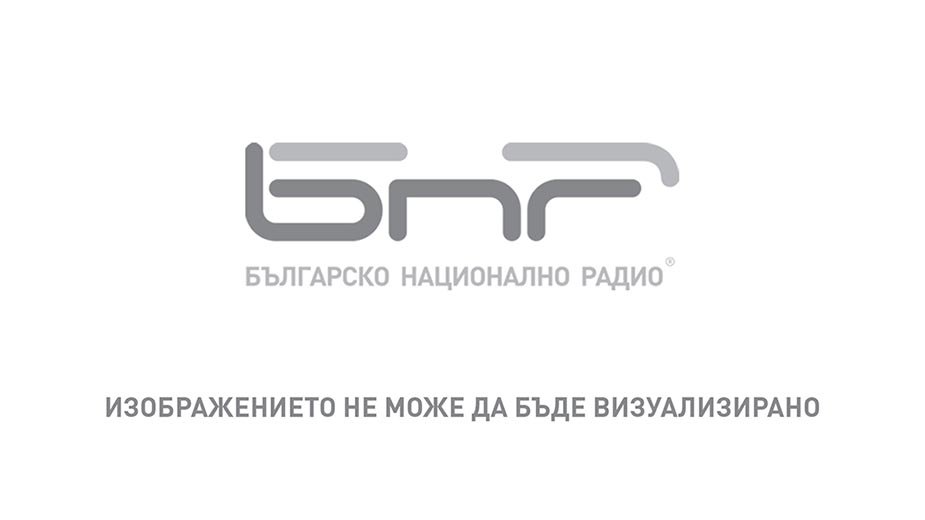
The official visit of Bulgarian Foreign Minister Ekaterina Zaharieva to the countries of the Western Balkans has ended with a visit to Montenegro. Before that, for about a month, the minister had managed to hold talks in Serbia, Albania, Macedonia, and Bosnia and Herzegovina. The visit to Podgorica was the last in the order of the tour, but not the last of importance.
Indeed, this visit has been the first one of a Bulgarian Foreign Minister to Montenegro since the country joined NATO in June. According to some analysts, Montenegro is likely to become the first Western Balkan country to be accepted to the EU. On the other hand, Minister Zaharieva’s talks have coincided with a moment of intense political dialogue between the two countries, during which their heads of state have met five times for the last three years. The foreign ministers of the two countries have also met 5 times during this period. Strong mobility of people has also been observed, marked by a growing interest in both Bulgarians towards Montenegro and Montenegrins towards Bulgaria. Last year, Montenegro was visited by 5,000 Bulgarians, which may not be a large number but it is more than ten times greater that of 2015.
Just like in the other Balkan countries visited before Montenegro, Minister Zaharieva had the main goal of presenting the priorities of Bulgarian EU presidency during the first half of 2018, one of which is the EU integration of the region. Montenegro started EU membership talks back in 2012 and has temporarily closed 3 out of 35 negotiating chapters and is expected to open two more until the beginning of the Bulgarian presidency. In this regard, Foreign Minister Zaharieva has offered to counterpart Srdjan Darmanović that experts from the Montenegrin state administration could be trained in Sofia and Bulgarian specialists could also provide assistance in Montenegro.
Given the recent accession of Montenegro to NATO, the topic could not be avoided, but it was reduced to courtesy exchanges. Minister Darmanović expressed gratitude for the participation of a Bulgarian helicopter in firefighting and pointed out this had been the first test of NATO crisis assistance mechanisms since Montenegro became a member of the alliance. Minister Zaharieva said that sending a helicopter was the least Bulgaria could do. Thus, by not touching the topic of sharp tensions between Podgorica and Moscow over Montenegro's accession to NATO, foreign ministers made it clear that they did not want to overdramatize the issue and perceived it as a factor that did not have an effect on bilateral relations. It was agreed that after a visit of President Rumen Radev to Montenegro, a visit of Prime Minister Boyko Borissov to Podgorica would come as soon as possible.
After Minister Zaharieva finished her Balkan tour and a day after her return from Montenegro, she commented in Varna that the EU accession of the Western Balkans was not only one of the five priorities of the Bulgarian EU presidency in the first half of the next year, but a goal of the long-term policy of Sofia.
English: Alexander Markov
The Movement for Rights and Freedoms (DPS) celebrates its 35th anniversary today. The two wings of the movement - DPS-New Beginning, led by Delyan Peevski, and Ahmed Dogan's Alliance for Rights and Freedoms (ARF) - are marking the event separately. The..
The decision for Bulgaria's full membership in the Schengen area from the beginning of 2025 is a historic event both for the country and for relations with neighboring EU countries – Romania and Greece. What is the defining event in..
Making sense of the events from one whole year succinctly is, without doubt, a challenge, especially if we are talking about politics. The early elections for parliament, that have become something of a tradition in this country, took voters to the..

+359 2 9336 661
